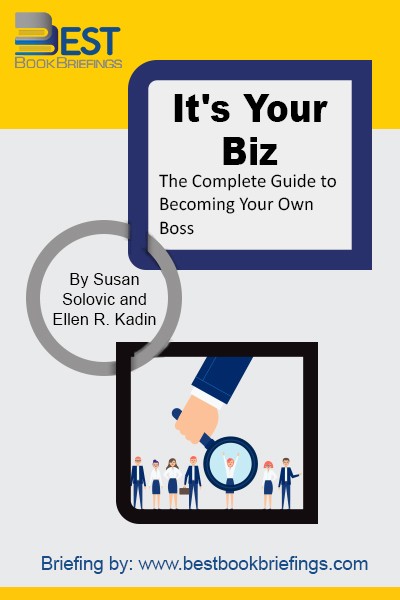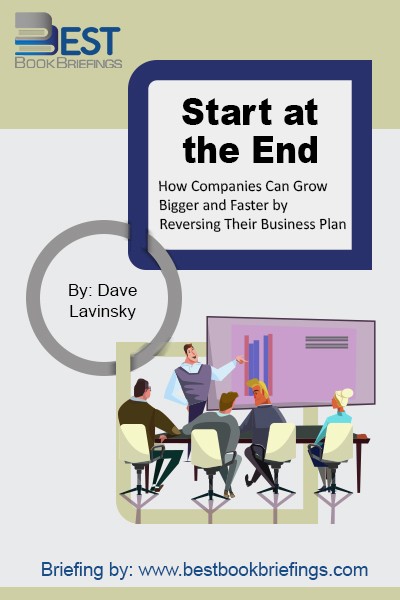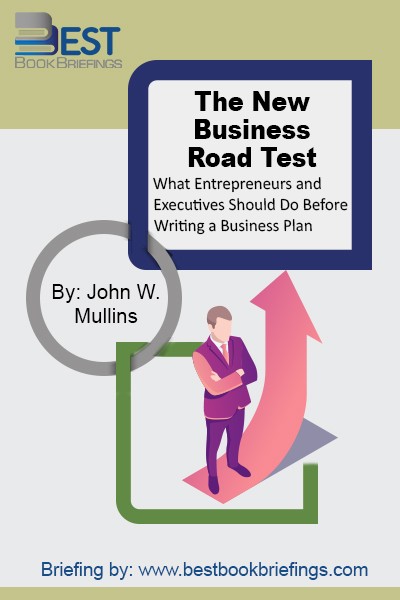The New Business Road Test
What Entrepreneurs and Executives Should Do Before Writing a Business Plan
Number of pages: 270
Publisher: Prentice Hall
BBB Library: Entrepreneurship, Operations Management
ISBN: 9780273708056
Editorial Review
Whether you’re an entrepreneur starting your own business or an executive developing a new product or service for your company, before you even think about writing a business plan, make sure you’ve checked all the fundamentals first. At least, give your new business a fighting chance if you don’t want to be a contributor to the business failure statistics.
Book Reviews
Books on Related Topics

Whatever your situation, this is the book to help you get started. Finding the Sweet Spot explains how sustainable, responsible, and joyful natural enterprises differ from most jobs, and it provides the framework for building your own natural enterprise. You’ll learn how to find partners who will help make your venture

The recent economic recession has wrought millions of unemployed workers, an unprecedented number of home foreclosures, countless major retail brands boarded up for good, a rash of business and personal bankruptcies, and an unstable financial market. Even as the economy rebounds, there simply won’t be enough jobs available to absorb all

A company, no matter what it does, and how it does that, is nothing other than a product you are preparing to sell. After all is said and done, that is what an entrepreneur is: an inventor of a grand and growing company – a product – which ultimately will be

It’s certainly true that many of the particulars of business have changed. But the fundamentals have not. The stories in this book are just as relevant now as they were back then, and the lessons learned still apply today. Each story presents people who work together, make decisions under pressure, and

Business owners, and their teams, often lose their way in the midst of the day-to-day stress of generating sales and profits. Suddenly, everyone becomes so focused on short-term goals that the entire organization loses sight of the long-term vision. The solution is to start at the end. When you know where



